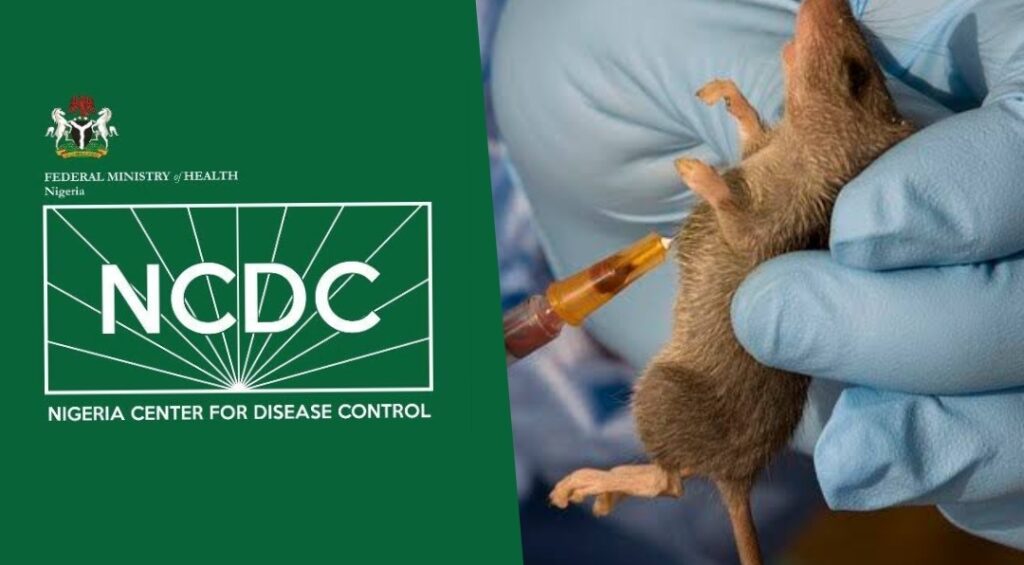The Nigeria Centre for Disease Control and Prevention (NCDC) has confirmed 1,025 cases of Lassa fever out of 8,484 suspected cases across 28 states and 128 local government areas from January 1 to October 6, 2024. During this period, the virus claimed 174 lives, with a Case Fatality Rate (CFR) of 17%, according to the NCDC’s Lassa fever situation report for week 40.
Overview of Lassa Fever Outbreak
Lassa fever, caused by the Lassa virus, is a viral hemorrhagic illness transmitted through contact with food or household items contaminated by the urine or feces of infected Mastomys rats. The disease is endemic in several West African countries, including Nigeria, where cases are reported annually.
The World Health Organization (WHO) warns that person-to-person transmission and laboratory infections are also possible, particularly in healthcare settings where infection prevention measures are inadequate.
Current Situation
In week 40, the NCDC noted a decrease in new confirmed cases, with seven new cases reported compared to nine cases in week 39. The most affected states in 2024 are Ondo, Edo, and Bauchi, which together accounted for 68% of all confirmed cases.
- Ondo reported 28% of confirmed cases.
- Edo accounted for 23%.
- Bauchi contributed 17% of confirmed cases.
The age group most affected ranges from 31 to 40 years, with a median age of 32 years. The gender ratio is balanced, with a male-to-female ratio of 1:1 among confirmed cases.
Response and Management
The National Lassa fever multi-partner, multi-sectoral Technical Working Group continues to coordinate response efforts across all levels of government, focusing on infection prevention, control measures, and raising awareness in affected areas.
Also, as the 2024 outbreak unfolds, the NCDC is working alongside state health authorities to reduce the spread and improve case management, particularly in the most affected states.
Preventive Measures
Health authorities urge individuals to:
- Avoid contact with rodent droppings in homes and food storage areas.
- Maintain proper hygiene and rodent control.
- Report any symptoms of fever or hemorrhagic illness immediately for timely medical attention.
Finally, The NCDC continues to monitor the outbreak and provide updates as necessary to contain the disease and protect public health.
Stay tuned to 9am News Nigeria for more Breaking News, Business News, Sports updates And Entertainment Gists.
















